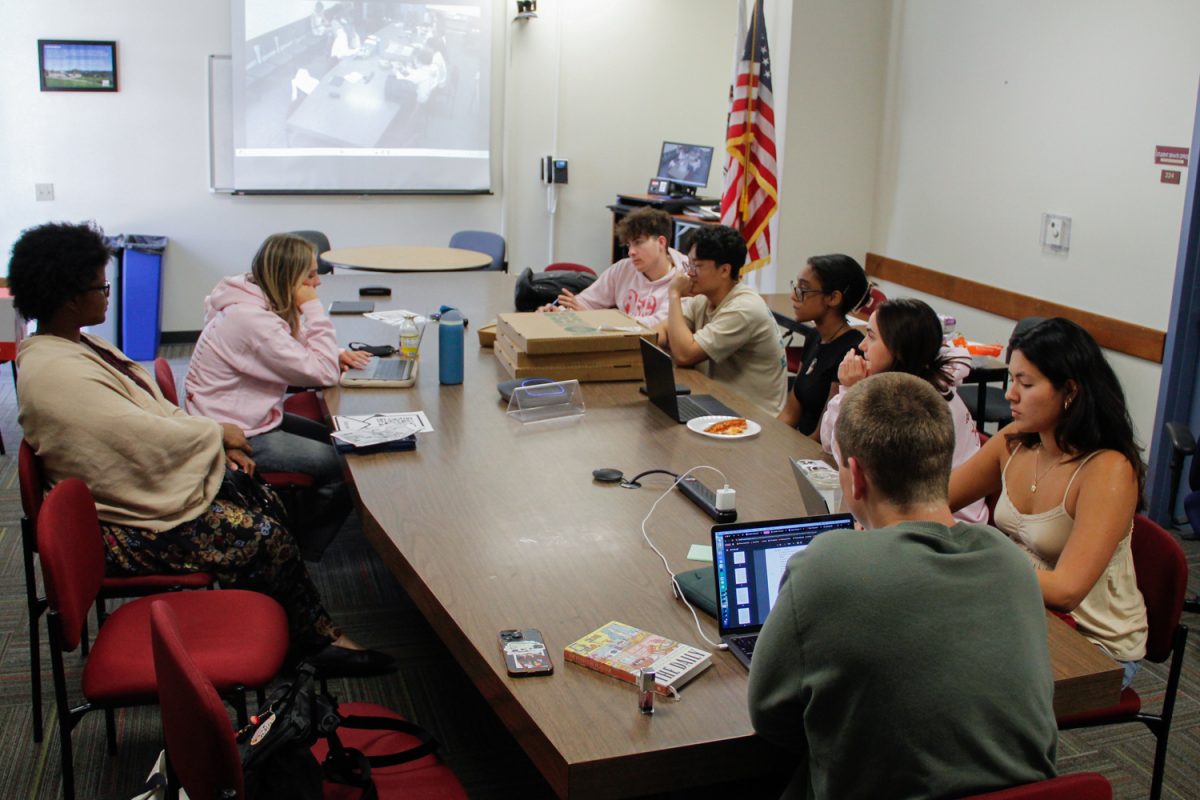Both instructors and students of City College have noticed a substantial decrease in course offerings this semester and are struggling to identify any advantages of this decision.
The executive choice to drastically reduce the number of classes can be credited to the plummeting enrollment rates of City College in recent years. Since the COVID-19 pandemic, the institution has suffered a great loss of students – a harsh reality not uncommon in a post-pandemic world.
Instructors, especially those offering in-person courses, now struggle to fill their classes with enough students to keep them. When a City College class fails to meet enrollment requirements, it is dropped altogether.
Professors planning on receiving income from teaching multiple courses are now left empty-handed and are required to find a way to make do with the pay they are given.
At the forefront of this discussion, however, are students who now face many complications. Many City College students plan to transfer to a university and, in turn, have a surplus of course and credit requirements to meet, including those from each university they apply to, the requirements specific to their major and anything that is needed to graduate or receive an Associate’s degree. While everyone’s path is unique, the limited course selection is an issue that affects the majority.
Class cancellation is only one of the issues that students face during registration this semester. Many classes did not open until it was too late for students to switch their schedules, leaving them stuck with a regressive plan they would have to make up for in future semesters.
In addition, some classes have been restricted to only being offered during the fall semester. Students who counted on finishing their requirements before transferring or graduating in the fall of 2024 now have no way to do so.
The inaccessibility of classes can push some students back an entire semester, throwing off previously devised plans and forcing people to make separate arrangements.
The lower enrollment rates due to the pandemic are certainly a main factor in course cancellations. These rates can also be credited to the implementation of Assembly Bill 1705, which has raised dropout rates.
Enacted in July 2023 for all California community colleges, the bill allows many students to skip previously required prerequisites and advance to higher-level courses – particularly mathematics and English sections.
While its intended purpose was to include a greater population to achieve their educational goals more promptly, the repercussions are damaging. Students enroll in courses they are unprepared for and fall behind after taking on a heavier course load than they are familiar with or, worse, failing out entirely.
Having to retake the course is concerning enough, but many students lose motivation entirely and choose to drop out. If a prerequisite is not required, students will choose what appears to be the quickest path, leaving lower-level courses empty and possibly canceled due to low enrollment, so students hoping to take a lower-level course may be stuck with only advanced courses.
A student who intends to take math for liberal arts majors may only have calculus as the option to fulfill their math requirement needed for transferring.
Promising solutions lie in the COVID-19 Recovery Block Grant at City College – a fund initially allocated for pandemic safety precautions that has since been granted new flexibility for expenditures. Even a small portion of the $5 million grant could be spent on permitting more classes, positively impacting the lives of students and faculty. Many faculty members have advocated for this idea in regular committee meetings, but the verdict remains tentative. Considering the damage already done, students and instructors cannot afford to wait any longer.
At City College, student experience should be paramount in decision-making. Raising enrollment to fill classes and allow students and instructors more flexibility is no easy feat, but continuously canceling classes will turn students away permanently. Our progress cannot continue to be derailed as the administration continues to hesitate to take action.





![Ken Watts uses the cable chest press machine on April 9 in Santa Barbara, Calif. "[What] people value the most in personal training is accountability," Watts said.](https://www.thechannels.org/wp-content/uploads/2025/04/MGSWatts-3-1200x800.jpg)


